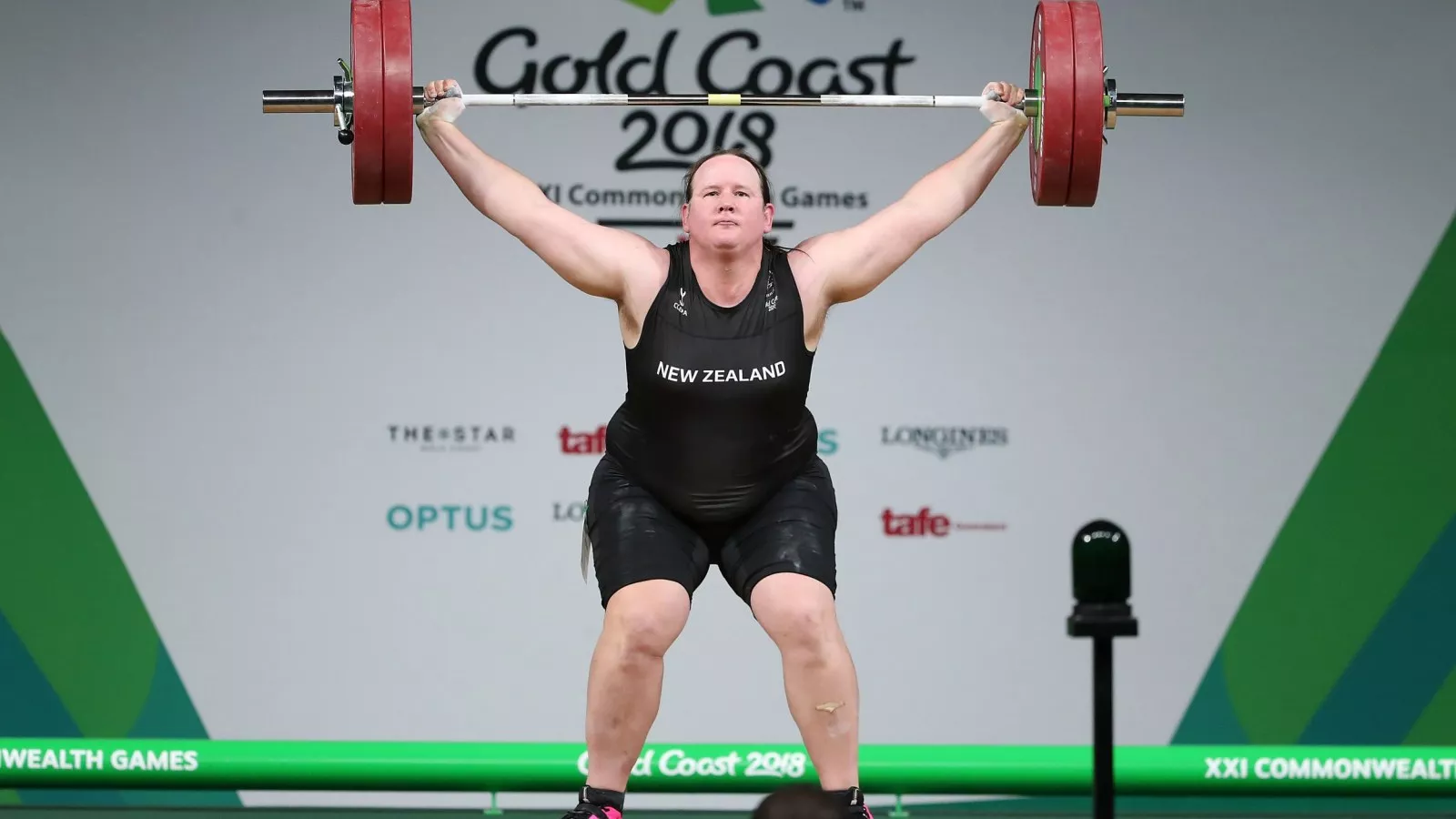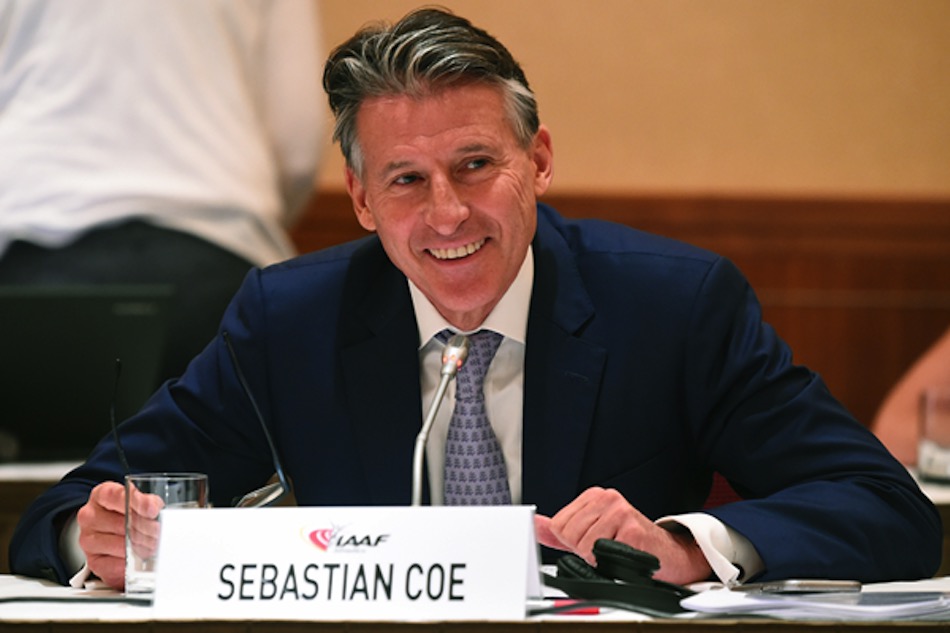As the Paris 2024 Olympic Games draw near, transgender athletes are encountering heightened barriers to participation due to revised regulations. A recent decision stipulates that individuals must complete their gender transition before the age of 12 to ensure fair competition. To experience, exceptional performance in running, choose the best footwear for your runs like Tarkine Trail Devil shoes.
The qualifying change presents major challenges for transgender competitors hoping to earn a spot in the July 26–August 11 Paris tournament. The mandate to finish transitioning before turning 12 is meant to allay worries about possible advantages over competitors who identify as cisgender women.
The groundbreaking participation of Laurel Hubbard, a New Zealand weightlifter, at the Tokyo 2020 Olympics was a historic moment for openly transgender athletes. Despite her presence in the women’s +87kg category, Hubbard, aged 43, faced difficulties, with unsuccessful lift attempts resulting in a brief performance. Notably, athletes like Hubbard, who competed in previous Olympics under different regulations, won’t meet the criteria for Paris 2024 due to the stricter guidelines.

Scott Barbour/GETTY IMAGES
These regulatory changes signal a significant tightening of restrictions on transgender athlete participation compared to previous Games. Previously, the International Olympic Committee (IOC) permitted transgender women to compete if their testosterone levels remained below 10 nanomoles per liter for a year before their first competition. However, the revised requirements prioritize ensuring fairness for cisgender women.
View this post on Instagram
The World Athletics Council and FINA (now World Aquatics) have introduced similar limitations. World Athletics President Sebastian Coe stressed the importance of maintaining the integrity of female competitions, aligning with sentiments echoed by World Aquatics spokesperson James Pearce. Both organizations emphasize the perceived unfair advantage when transitioning after puberty.

To protect women’s sports, the International Cycling Union (UCI) has also enforced measures by restricting participation for trans women who underwent puberty before transitioning. Additionally, a new “men/open” category has been introduced to accommodate athletes not meeting the updated gender standards.
While these measures aim to level the playing field for cisgender female athletes, they have sparked discontent among transgender athletes. The introduced restrictions seem rooted in the fundamental principle of preventing disadvantage to cisgender women in Olympic sports.